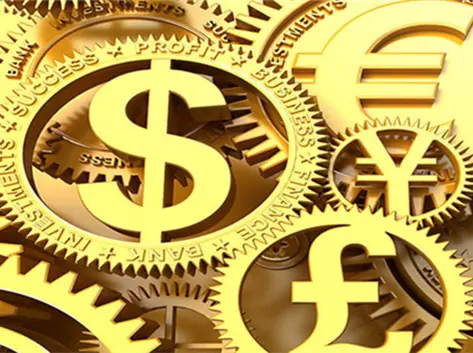Giant pandas are China's national treasure. And now, even the animal's poop will be put into good use.
On Monday, the China Conservation and Research Center for the Giant Panda officially signed a cooperation agreement with Fengsheng Paper Group for making panda poop production. In the future, the research center will supply the panda manures and food residues to the company for multiple paper production. At present, this "panda toilet paper" has been available.
Panda's excrement.
According to Huang Yan, the principal of the research center, an adult giant panda can eat 12 to 15 kilograms of bamboo per day. After digestion, these foods will become more than 10 kilograms of excrement. Moreover, the pandas do not usually eat all the bamboos fed to them, leaving over 50 kilograms of food residues every day.
In the past, all of these panda manures and food residues will be cleared out as trash. "It will cause a certain level of pollution so it is a bit complicated to handle," Huang said. “The company will collect bamboo residue and manure together and make paper, which of course is a good thing for the research center.”
Fengsheng Paper Group’s chairman Yang Chaolin said a giant panda will defecate four hours after eating. They
mainly absorb polysaccharides and other nutrients inside the bamboo and will defecate bamboo fibers.
In bamboo paper making, there are processes to be done in order to get the bamboo fibers. "Now that the panda has helped us by digesting the bamboo, the remaining fibers in the panda's excrement can be extracted. It's a win-win situation," Yang said.
Panda eating bamboos.
Is the panda poop paper sanitary and healthy?
The panda poop paper in the production has 60 procedures. The last is the use of medical oxygen high-temperature sterilization and biology test before delivery. All production will also conform to China's food safety standards.
How’s it priced?
“As its production process is more complicated than normal paper product, it will have a higher cost. The price is 43 yuan (6.5 US dollars) per box,” Yang said.
(CGTN)
 简体中文
简体中文

